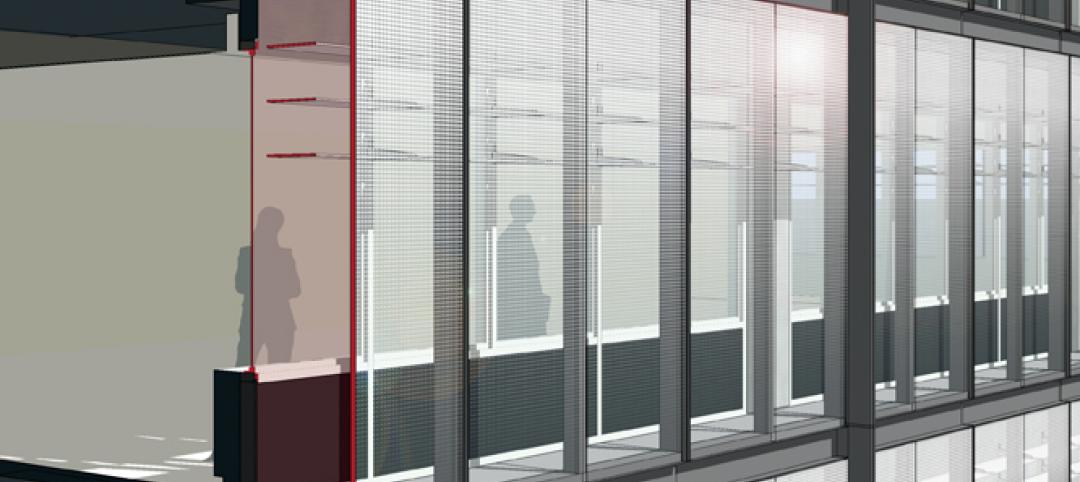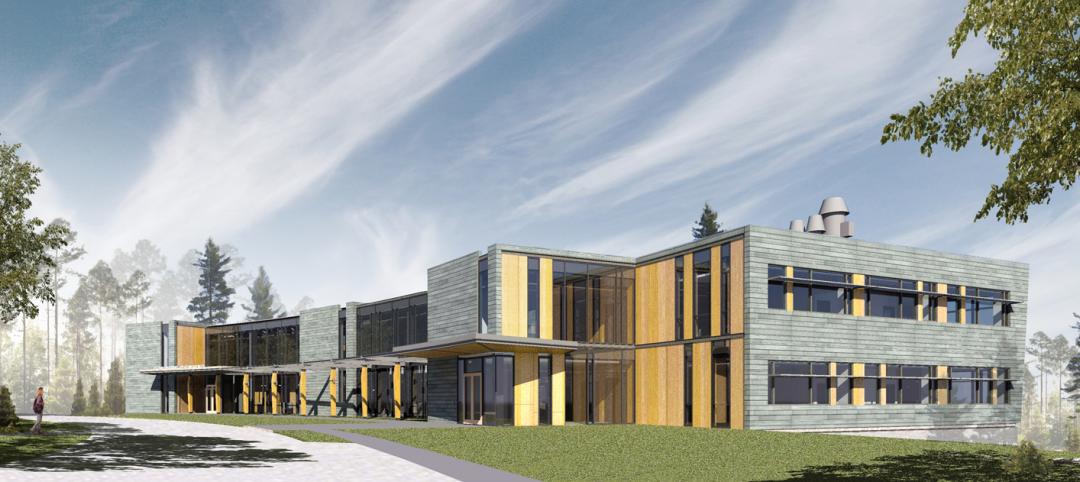John L. Knott Jr. has been named as the Health Product Declaration Collaborative’s (www.hpdcollaborative.org) first Executive Director following a national search. The Health Product Declaration Collaborative (HPDC) is a customer-led standards-setting organization committed to the continuous improvement of the building industry’s environmental and health performance, through transparency and innovation in the building product supply chain. Mr. Knott succeeds Meredith Elbaum AIA who served as Acting Executive Director of HPDC since its founding in Fall 2012.
Mr. Knott is a third generation developer and a recognized leader in sustainability. In his 40 year career he has worked on award winning projects in Baltimore and Washington DC; the University of Texas Health Science Center in the Houston Medical Center; Dewees Island in South Carolina; and the Noisette Community of North Charleston, South Carolina. He is the creator of the CityCraft process, a planning process that restores and builds the economic, environmental and social health of communities.
He has advised the White House and the Department of Homeland Security on energy security and sustainability, and served as an advisor to HUD, DOE, EPA and the National Park Service, as well as cities, major corporations, and foreign governments.
Since 1994, Mr. Knott has served in numerous national leadership roles for the Urban Land Institute (ULI) including as a founding member of the Sustainable Development Council and Responsible Property Development Council, and the Founding Chairman of the ULI’s District Council for South Carolina (2004-2008). From 2002-2007, Knott served as chairman of the U.S. Working Group for Urban-Suburban Indicators in compiling the landmark Heinz Center report, “The State of the Nation’s Ecosystems.” He also serves the Milton S. Eisenhower Foundation as a Trustee as well as an advisory board member for the Remaking Cities Institute at Carnegie Mellon. Mr. Knott was given the South Carolina Environmental Awareness Award by the State of South Carolina in February 2005, the state’s highest environmental honor and in January 2006, Metropolis magazine named him as one of the world’s leading design visionaries.
“The HPD Collaborative has made remarkable progress over the last 18 months. I am excited about being selected to play a leadership role in developing disclosure standards for the content of all materials and products in commerce, along with their associated health impacts,” said Mr. Knott.
He added: “My family’s work for 100+ years has been rooted in the understanding that we are responsible for the long term health of all those we serve with the buildings, neighborhoods, and communities we create. As a society, we must face the challenge of better understanding the health implications of the places we live and work. The opportunity to accept this challenge, engage those who are involved in the built environment process and assist them in making informed decisions about the habitat they are responsible for is a capstone for my career and a legacy of health that I can leave for our children and grandchildren.”
Peter Syrett, the HPDC Board Chair and a Partner at rePlace Urban Studio, noted: “John’s career has been about making healthy places. We are delighted to have him join us and to have his passion, energy, and knowledge focused on making a transparent and healthy building product marketplace.”
Gail Vittori, Board member and Co-Director of the Center for Maximum Potential Building Systems, praised John's appointment, reflecting that, "John’s exceptional leadership experience will be key to position the Health Production Declaration specifically, and transparent disclosure more generally, to become ‘standard operating procedure’ for building material specification and procurement.”
Other Health Product Declaration Collaborative Board members echoed these sentiments:
“Mr. Knott’s diverse industry experience and leadership roles bring an exciting perspective to the Health Product Declaration Collaborative that I believe will allow us to engage successfully with manufacturers and expand acceptance of the HPD across multiple stakeholder groups,” said Aaron Smith, Board Treasurer and Director Sustainable Building Solutions for ASSA ABLOY.
Amanda Kaminsky, HPDC Board Vice-Chair, and Sustainable Construction Manager with The Durst Organization in New York City, observed: “John has a keen sensibility for how all the pieces of a puzzle fit together to effect holistic change. He embodies the collaborative energy behind the development of the Health Product Declaration to date - energy vital for the meaningful progress sought in our materials marketplace.”
Anthony Bernheim, HPDC Board Member and Principal, Sustainable Built Environments, noted that, “John brings a wealth of real-world experience to the Health Product Declaration Collaborative at an important moment in history, at a time when our industry is paying more attention to green building and human health. His leadership will guide the further development of the Health Product Declaration so that the building industry will have better tools for product selection and specification.”
About the Health Product Declaration Collaborative
The Health Product Declaration Collaborative is a customer-led organization for companies and individuals committed to the continuous improvement of the building industry’s environmental and health performance, through transparency and innovation in the building product supply chain. The Collaborative created and supports The Health Product Declaration Open Standard, a format that systematizes reporting language to enable transparent disclosure of building product content and associated health information. It defines the critical information needed by building designers, specifiers, owners and users. It is freely available to all at www.hpdcollaborative.org.
Related Stories
| Oct 14, 2011
AIA Continuing Education: optimizing moisture protection and air barrier systems
Earn 1.0 AIA/CES learning units by studying this article and passing the online exam.
| Oct 12, 2011
BIM Clarification and Codification in a Louisiana Sports Museum
The Louisiana State Sports Hall of Fame celebrates the sporting past, but it took innovative 3D planning and coordination of the future to deliver its contemporary design.
| Oct 12, 2011
Vertical Transportation Systems Reach New Heights
Elevators and escalators have been re-engineered to help building owners reduce energy consumption and move people more efficiently.
| Oct 12, 2011
Building a Double Wall
An aged federal building gets wrapped in a new double wall glass skin.
Office Buildings | Oct 12, 2011
8 Must-know Trends in Office Fitouts
Office designs are adjusting to dramatic changes in employee work habits. Goodbye, cube farm. Hello, bright, open offices with plenty of collaborative space.
| Oct 12, 2011
FMI’s Construction Outlook: Third Quarter 2011 Report
Construction Market Forecast: The general economy is seeing mixed signs.
| Oct 12, 2011
Bulley & Andrews celebrates 120 years of construction
The family-owned and operated general contractor attributes this significant milestone to the strong foundation built decades ago on honesty, integrity, and service in construction.
| Oct 12, 2011
Consigli Construction breaks ground for Bigelow Laboratory Center for Ocean Health
Consigli to build third phase of 64-acre Ocean Science and Education Campus, design by WBRC Architects , engineers in association with Perkins + Will
| Oct 11, 2011
AIA introduces five new documents for use on sustainable projects
These new documents will be available in the first quarter of 2012 as part of the new AIA Contract Documents service and AIA Documents on Demand.
| Oct 11, 2011
Pink light bulbs donated to Society of Memorial Sloan-Kettering Cancer Center
For every Bulbrite Pink Light Bulb that is purchased through the Cancer Center Thrift Shop, 100% of the proceeds will be donated to help support breast cancer research, education, screening, and treatment.

















